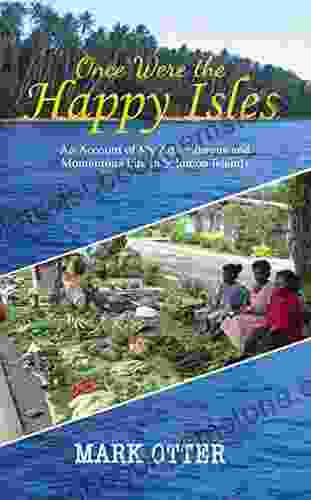Postmodernism is a complex and multifaceted movement that has had a profound impact on our understanding of art, literature, music, architecture, and even politics. It is a movement that is still evolving, and its full impact is still being debated. However, there are some key ideas that are central to postmodernism, and these ideas have had a significant impact on our culture.
One of the key ideas of postmodernism is the rejection of the idea of a single, objective truth. Postmodernists argue that all knowledge is subjective, and that there is no such thing as a single, universal truth. This idea has had a profound impact on the way we think about the world, and it has led to a questioning of many of the traditional assumptions that we hold about reality.
Another key idea of postmodernism is the idea of fragmentation. Postmodernists argue that the world is not a unified whole, but rather a collection of fragments. This idea has had a significant impact on the way we think about art, and it has led to a new emphasis on diversity and difference.
Postmodernism is a complex and challenging movement, but it is also a movement that has had a profound impact on our culture. Its key ideas have led to a new way of thinking about the world, and they have opened up new possibilities for creativity and expression.
Origins of Postmodernism
The origins of postmodernism can be traced back to the early 20th century, and it is closely associated with the rise of modernism. Modernism was a movement that rejected the traditional values and aesthetics of the past, and it emphasized the importance of experimentation and innovation. Postmodernism emerged as a reaction against modernism, and it rejected many of the key ideas of that movement.
One of the key figures in the development of postmodernism was the French philosopher Jean-François Lyotard. Lyotard argued that postmodernism was a new era in human history, and he characterized this era as a time of "incredulity towards metanarratives." By "metanarratives," Lyotard meant the grand narratives that had provided meaning and order to the world in the past, such as the narrative of progress or the narrative of revolution. Lyotard argued that these metanarratives had lost their credibility, and that postmodernism was a time of fragmentation and uncertainty.
Other key figures in the development of postmodernism include the American philosopher Richard Rorty, the French philosopher Jacques Derrida, and the Italian philosopher Umberto Eco. These thinkers all contributed to the development of postmodernism, and their work has had a significant impact on our understanding of the world.
Key Thinkers in Postmodernism
There are many different thinkers who have contributed to the development of postmodernism, and it is impossible to do justice to all of them in a short . However, there are a few key thinkers who deserve special mention.
- Jean-François Lyotard was one of the most important figures in the development of postmodernism. He argued that postmodernism was a new era in human history, and he characterized this era as a time of "incredulity towards metanarratives." Lyotard's work has had a profound impact on our understanding of postmodernism, and it continues to be a source of inspiration for many contemporary thinkers.
- Richard Rorty is another key figure in the development of postmodernism. Rorty argued that truth is not something that can be discovered, but rather something that is created. He also argued that there is no such thing as a single, objective truth, and that all truth is subjective. Rorty's work has had a significant impact on our understanding of truth and knowledge, and it continues to be a source of inspiration for many contemporary thinkers.
- Jacques Derrida is a French philosopher who is best known for his work on deconstruction. Deconstruction is a method of reading that seeks to undermine the traditional assumptions that we hold about language and meaning. Derrida argued that all language is ambiguous and unstable, and that there is no such thing as a single, fixed meaning. Derrida's work has had a significant impact on our understanding of language and meaning, and it continues to be a source of inspiration for many contemporary thinkers.
- Umberto Eco is an Italian philosopher who is best known for his work on semiotics. Semiotics is the study of signs and symbols, and Eco argued that all culture is a system of signs. Eco's work has had a significant impact on our understanding of culture,













































































































































































































































































































































































































































































































































































































